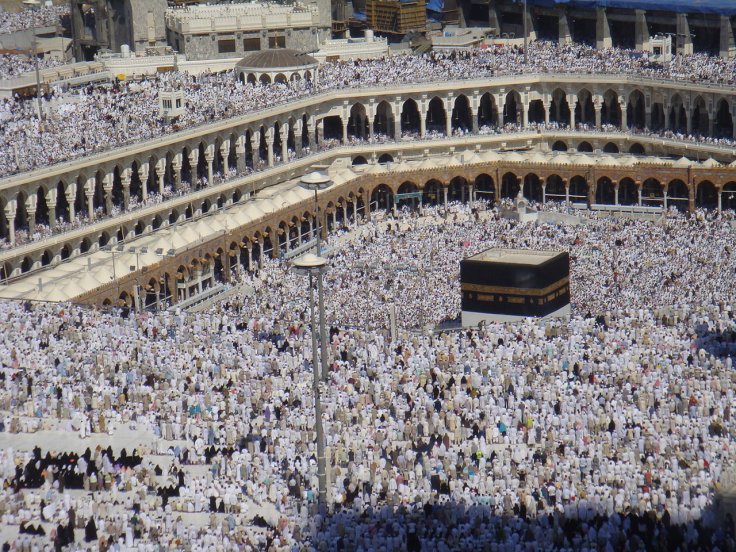
Saudi Arabia has announced that it will be suspending the special nightly 'Taraweeh' prayers held every night during the Muslim holy month of Ramadan this year due to the coronavirus pandemic.
Saudi Arabia suspends Taraweeh prayers
The Saudi Ministry of Islamic Affairs, Dawah and Guidance has announced the Taraweeh prayers that are performed after the 'Isha' prayer every night during the holy month of Ramadan will be performed at home, as the present suspension of prayers at mosques across the kingdom will not be lifted until the coronavirus pandemic ends, Al Riyadh reports.
"The suspension of performing the five daily prayers at mosques is more important than the suspension of Taraweeh prayers," the report quoted Dr Abdul Latif Al Sheikh, Saudi Arabia's Minister of Islamic Affairs, as saying.
"We ask Allah the Almighty to accept Taraweeh prayers whether held at mosques, or homes, which we think is better for people's health. We ask Allah the Almighty to accept prayers from all of us and protect humanity from this epidemic that hit the entire world."
Limitations on funeral prayers
Al Sheikh also emphasized on the limitations on funeral prayers that have to be practised keeping in mind the instructions and precautions issued by the Ministry of Health and related authorities.
As per the instructions issued by the Saudi Ministry of Health prohibiting mass gatherings, only five to six members from the family of the deceased are allowed to perform the funeral prayers for the dead.
"This is a precaution in line with the prohibition of gatherings, so that funeral prayers take place at cemeteries should not exceed five to six of the deceased's relatives, and the rest pray at their homes," Al Sheikh said.
He also confirmed that funeral prayers are not obligatory for every Muslim and are not greater than the five daily prayers that are obligatory or fardh for every Muslim, and should be performed at five different times of the day without fail. He suggested that it is allowed to perform the prayers, or Salah, individually at homes in certain situations such as these, where a large number of people gathering at the same place could possibly lead to a higher risk of transmission of the COVID-19 virus.
King Salman extends curfew indefinitely
Saudi Arabia's King Salman has reportedly approved the extension of the nationwide curfew until further notice due to the current rates of coronavirus spread in the country. The Kingdom has reported more than 300 new infections in the last four days consecutively.
The Kingdom has imposed a 24-hour curfew and lockdown on its capital Riyadh and five other big cities including Tabuk, Dammam, Dhahran, and Hofuf and throughout the governorates of Jeddah, Taif, Qatif, and Khobar. Elsewhere, the curfew which began March 23 runs from 3PM to 6AM.
Holy mosques closed
The Kingdom has sealed off the holy cities of Mecca and Medina and closed down all places of worship for public, including the two holy mosques located in the cities.
Saudi Arabia has also suspended the year-round Umrah pilgrimage and advised pilgrims to keep their plans on hold for this year's annual Hajj pilgrimage until there is more clarity on the coronavirus pandemic. The Hajj pilgrimage attracts some 2.5 million Muslim pilgrims from around the world every year and falls towards the end of July.
The holy month of Ramadan this year
The holy month of Ramadan begins on Thursday April 23 and ends on May 23. During the holy month, Muslims across the world observe fast and abstain from eating or drinking from dawn to dusk and from all other vices. The Taraweeh prayers are performed every night during the month in addition to the five daily prayers - Fajr, Dhuhr, Asr, Maghrib, and Isha.
As on Monday April 13, the Ministry of Health in Saudi Arabia reported 472 new cases of coronavirus infection, bringing the number of infections in the country to 4,934. It also confirmed six deaths which bring the death toll in the Kingdom to 65, the highest among the six Gulf Arab countries.









